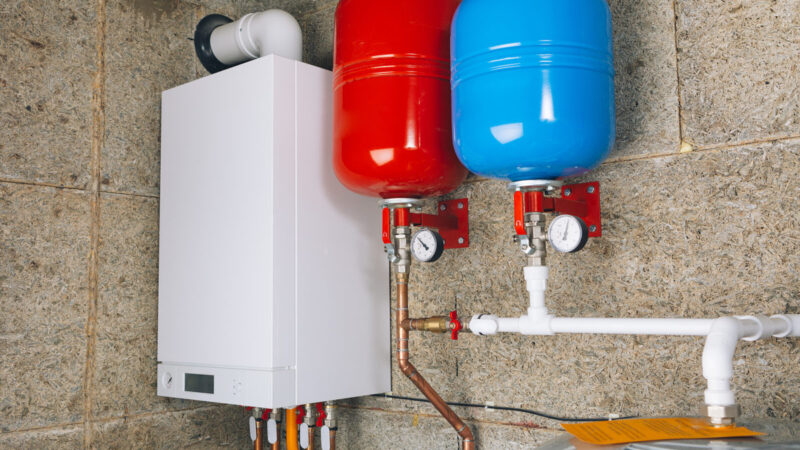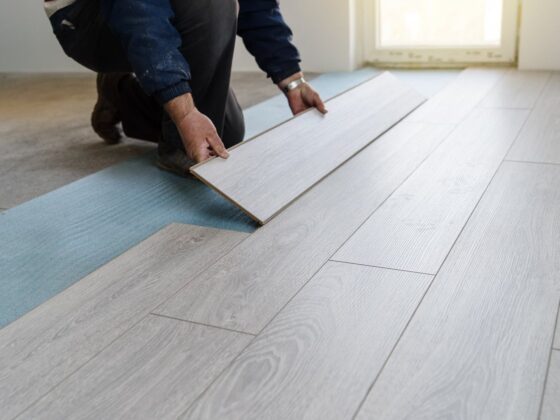In a world of choices, one decision you might have to make is what size water heater is best for your home. This is a question that can be difficult to answer because there are so many factors to consider. The first step in deciding what size water heater you need is understanding how much hot water your family uses on a daily basis. Once you have a good understanding of your family’s needs, you can begin to look at the different types and sizes of heaters available. In this blog post, we will explore the pros and cons of both small and large water heaters. We will also provide some tips on how to choose the right size for your home.
The Pros and Cons of Bigger and Smaller Water Heaters
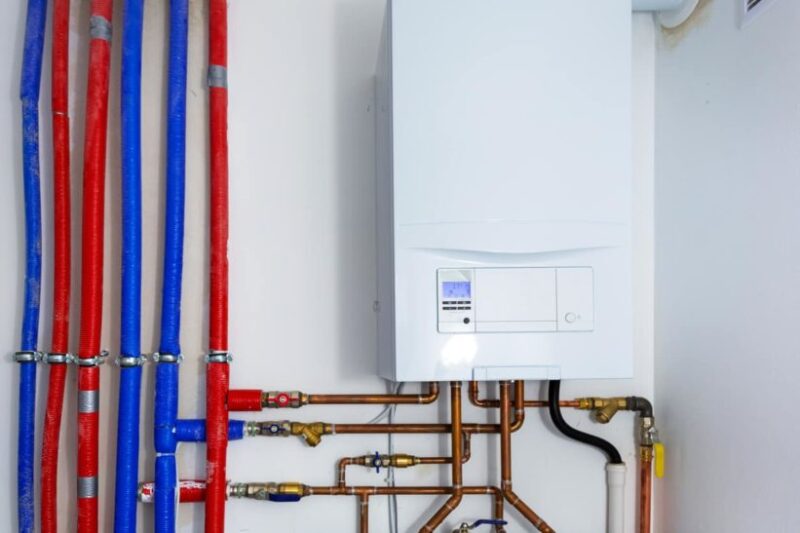
Here is a look at some of the key points for both sides:
PRO: A bigger water heater will have a higher capacity, meaning that it can provide hot water for more people or for longer periods of time.
CON: It will also be more expensive to purchase and install. It will also require more energy to operate, which could lead to higher utility bills.
PRO: A smaller water heater will be less expensive to purchase and install. It will also take up less space in your home and use less energy to operate.
CON: It may not have enough capacity to meet the hot water needs of a large family or household with multiple bathrooms.
What Size Water Heater is Right for Your Home?
If you have a family, you need a larger water heater so that everyone can take showers and use the dishes without running out of hot water. Depending on the size of your home, you might need a 40, 50, or 60-gallon water heater. If you live alone or with one other person, a smaller one will do the trick. A 30-gallon tank is typically sufficient for small homes. When choosing a new heater, always consider the recovery rate. This is how fast the tank can heat up the water and is affected by the size of the tank.
How to Choose the Best Water Heater for Your Needs?
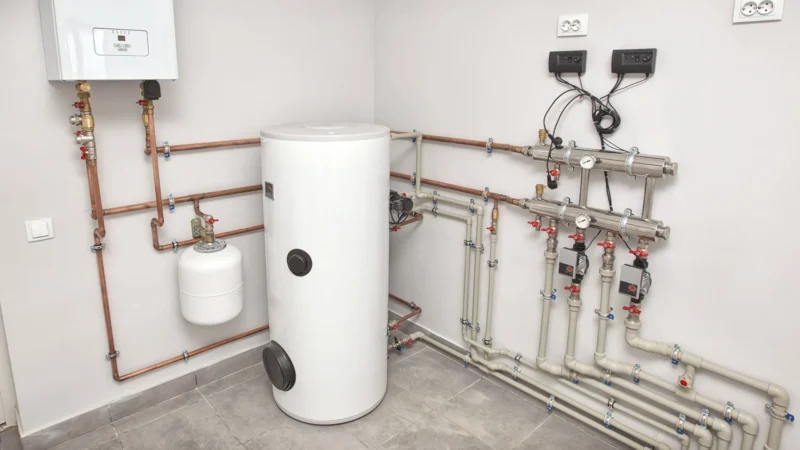
There are many factors to consider when it comes to a water heater installation. The size, fuel type, and efficiency are the three main criteria that should be considered when making your decision.
– Size: The size is an important consideration. You want to make sure that you purchase a unit that will be able to meet the demands of your household. If you have a large family or frequently entertain guests, you will need a larger unit. Conversely, if you live alone or have a small family, you can get by with a smaller unit.
– Fuel type: The fuel type is another important consideration. They can be powered by electricity, natural gas, propane, or oil. Each fuel type has its own advantages and disadvantages. For example, electric ones are more expensive to operate than gas models, but they are much easier to install. Natural gas models are less expensive to operate than electric models, but they require a Gas hookup which may not be available in all homes. Propane and oil-fired models are typically more expensive to operate than electric or gas models, but they may be the only option in rural areas where utility hookups are not available.
– Efficiency: The efficiency of the water heater is also an important consideration. More efficient units will cost more upfront, but they will save you money on your energy bills over time. High-efficiency units are also better for the environment because they use less energy overall. When choosing an efficient unit, look for one that has an Energy Star rating. This will ensure that your unit meets the highest standards for energy efficiency.
Which One is Right for You?
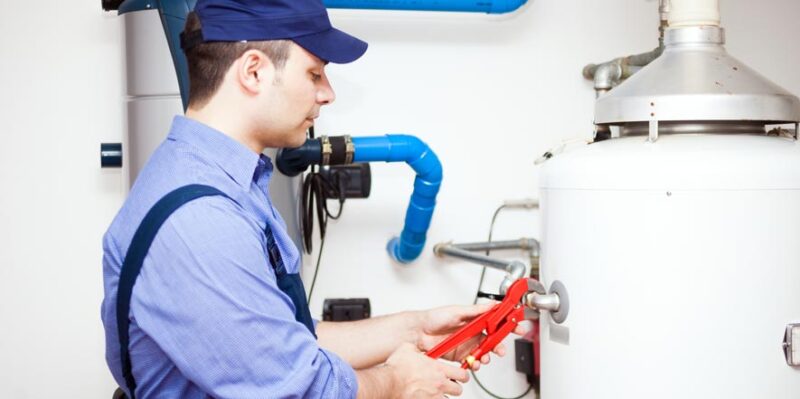
So, which one is right for you? It depends on your individual needs and usage patterns. If you’re not sure, consult with a professional to help you select the best option for your home. When it comes to water heaters, size does matter.
There are a few things to consider when selecting the right size water heater for your home, including:
– The number of people in your household.
– The amount of hot water you use on a daily basis.
– The climate you live in.
– The type of water heater you want.
The first thing you need to do is figure out the number of people in your household. This will help you determine the capacity (gallons) of the water heater you need. For example, if you have a family of four, you’ll need a bigger unit than someone who lives alone.
Next, think about the amount of hot water you and your family use on a daily basis. If everyone takes long showers and washes their clothes in hot water, then you’ll need a bigger unit than someone who only uses it for dishes or laundry.
The climate you live in also plays a role in determining the right one. If you live in an area with mild weather, then a smaller unit should be sufficient. However, if you live in an area with colder winters, then a larger unit may be necessary to meet your hot water needs.
Finally, consider the type of heater you want. Tankless water heaters are becoming increasingly popular, but they require a larger unit to heat the same amount of water as a traditional tank-style one.
Once you’ve considered all of these factors, you should have a good idea of the size water heater you need for your home. If you’re still not sure, consult with a professional to help you select the best option for your home.
Conclusion
There’s no easy answer when it comes to deciding whether a bigger or smaller water heater is better for your home. It really depends on your specific needs and how much space you have available. However, we hope that this article has given you some food for thought and helped you narrow down your choices.
